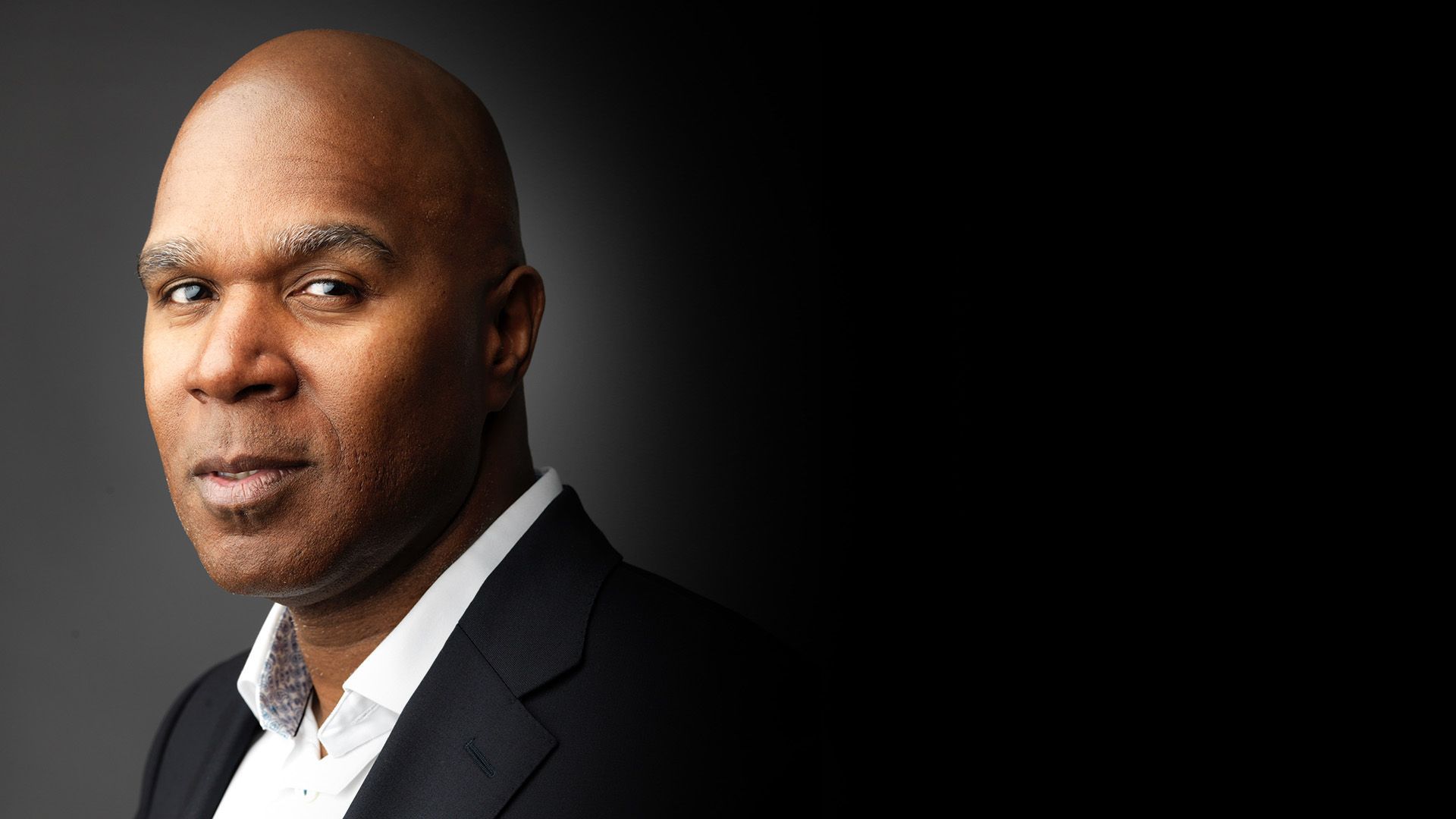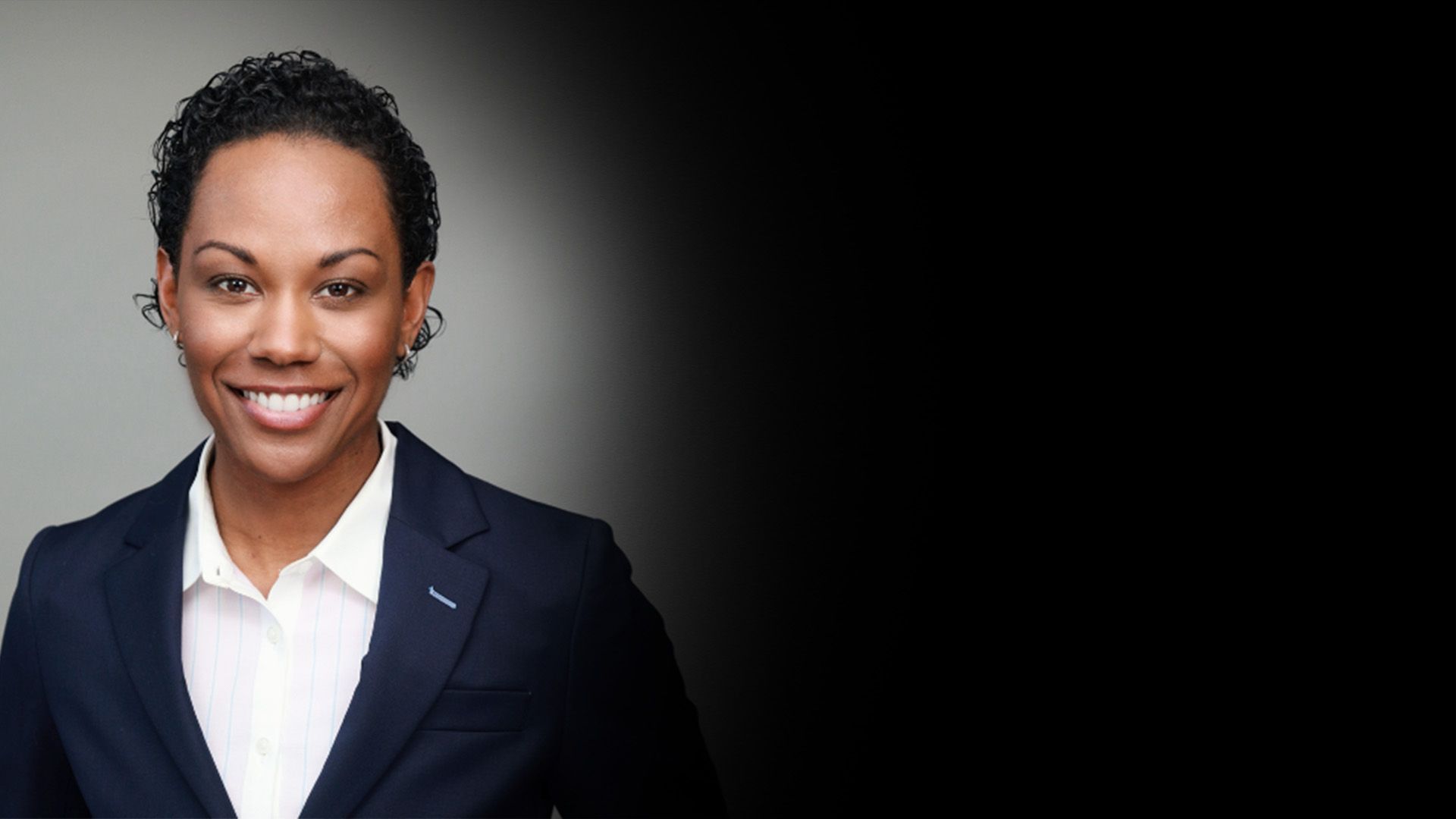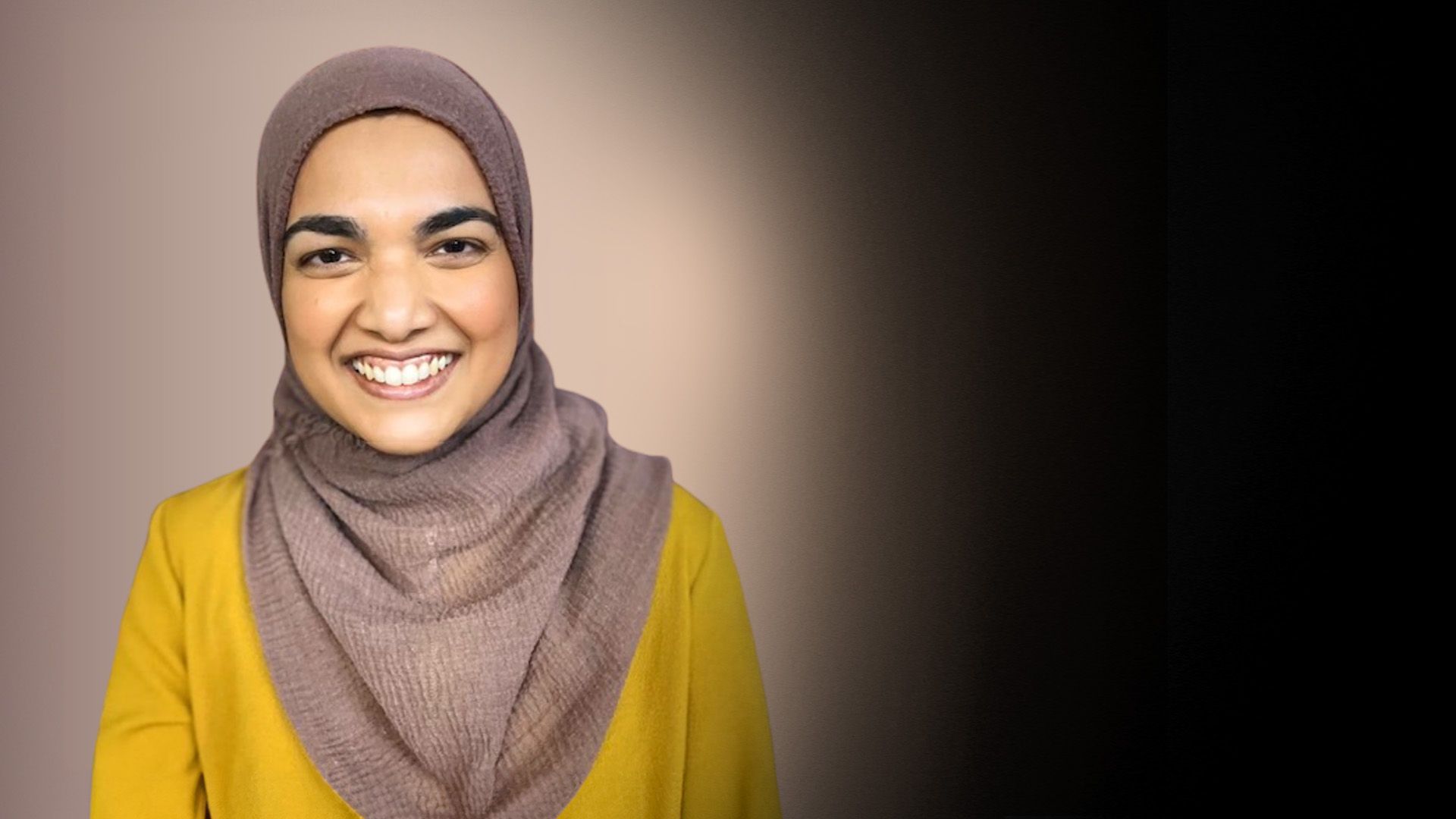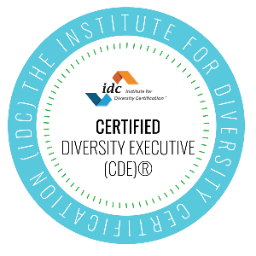By Nika White
•
March 27, 2025
It was clear from the outset that this wasn't just another professional dialogue. The warmth and genuine connection between Dr. Nika White and Diya Khanna were palpable, setting the stage for an insightful and deeply resonant conversation. Dr. White, setting the tone, affectionately introduced Diya as "not only just a colleague, but she is a friend. She is a sister in the work," highlighting the strong rapport they share in the vital field of Diversity, Equity, and Inclusion (DEI). Dr. White provided a compelling overview for those unfamiliar with Diya's impressive background. With 20 years of experience spanning profit, non-profit, and the tech industry, Diya is a global DEI Speaker, Facilitator, and Consultant. Her significant accomplishments include her pivotal role at Amazon, where she led CORE+ (Conversations on Race and Ethnicity), an annual internal conference that reached a staggering 1.3 million employees. Diya's expertise lies in developing DEI programs, strategies, and policies at scale, crafting global work plans for 14 employee resource groups, and leading crucial discussions on the future of work through an intersectional lens. Her mission is clear: to increase access and opportunity for individuals across a comprehensive spectrum of identities, from race and ethnicity to gender identity, accessibility, sexual orientation, and beyond, in every professional industry. Diya, grounded in her experience as a DEI columnist for the Seattle Times, a board member of the Asian at Amazon Global Board, and her appointment to the Seattle Women's Commission in 2018, brought a wealth of knowledge and a deeply human-centered approach to the conversation. Her academic background, including a Bachelor of Journalism and a Master of Education with a focus on curriculum development, further solidifies her expertise in this space. Stepping into the conversation, Diya immediately addressed a crucial aspect of DEI work: the importance of community and collaboration. "I'm so glad you brought this up," she began, acknowledging the various perspectives and competencies within the industry. Her core belief resonated strongly: "I believe that we all bring various competencies, various skills, various lived experiences, and we're stronger as a group and as a community." This wasn't just a platitude; it was a foundational principle for the discussion that unfolded. Diya emphasized that the strength of the DEI movement lies not in individual brilliance but in collective effort. "Rather than looking at how well we show up individually, we'll never be able to do it all, right?" she wisely stated. Highlighting the complementary nature of their skills, she acknowledged Dr. White's exceptional ability to convey the importance of humanity, relationship building, and community across diverse audiences. "We're not in competition with each other, right? We're here collectively. So, let's uplift each other, and let's also be aware of where perhaps our weaknesses may be, and lean on each other so that we can lift together." The conversation delved deeper into the nuances of collaboration, with Diya underscoring the value of respectful challenge in their partnership. Drawing on the concept of "safe places of discomfort," she highlighted that growth often occurs when individuals are willing to engage with differing viewpoints in an environment of trust and mutual respect. Diya also brought her perspective as a Canadian, emphasizing how different cultural backgrounds can enrich the DEI landscape. "Another difference that you and I have as a Canadian, I bring a different lens. And what I've experienced being brought up in Canada may be different than what you've experienced being brought up in the US. An Asian woman, a Black woman, there are so many differences. So, instead of disregarding those differences, let's bring them all to the table." This call to embrace diverse perspectives and center on shared values was a powerful reminder of the inclusive nature of effective DEI work. Key Takeaways and Next Steps: The intentional conversation between Dr. White and Diya offered valuable insights for anyone engaged in or interested in DEI work. Here are some key takeaways and suggested next steps: Embrace Differences as Strengths: Rather than viewing differences in opinion, communication styles, or lived experiences as obstacles, recognize them as opportunities for learning and growth. Practice Thoughtful Inquiry: Cultivate the habit of asking questions to foster deeper dialogue and understanding across different perspectives. Explore the VUCA/VICA Framework: Reflect on the VUCA framework (Volatility, Uncertainty, Complexity, Ambiguity) and consider reframing it as VICA (Vision, Understanding, Clarity, Agility) to navigate challenging times with a more proactive and positive mindset. Cultivate Cultural Humility: Research and actively practice cultural humility in both personal and professional interactions. Remember that cultural humility is a lifelong process of self-reflection and learning. Take the time to look up the origins of the cultural humility framework, which was developed by two women of color in the healthcare space, to gain a deeper understanding of its context and significance. Maintain Hope and Positive Energy: Acknowledge the challenges inherent in DEI work but consciously strive to maintain hope and positive energy to sustain long-term engagement and impact. Champion Community and Collaboration: Recognize that DEI is a collective endeavor. Actively seek opportunities to collaborate, support, and uplift others in this work. Be mindful of creating "intentional communities of practice" where individuals can learn and grow together. Value Diverse Communication Styles: Understand that individuals learn and communicate in different ways. Be patient and use varied approaches, such as prompts and questions, to facilitate learning and reflection. Extend Support and Speak Up Mindfully: For women and marginalized individuals, share your perspectives and support others in speaking up, while always prioritizing your own safety and well-being. The conversation between Dr. Nika White and Diya Khanna served as a powerful reminder that the journey towards a more diverse, equitable, and inclusive world is not a solitary one. By embracing our differences, fostering genuine collaboration, and centering on our shared humanity, we can indeed be "stronger together" in the vital work that lies ahead. Intentional Conversations is a weekly podcast by Nika White Consulting that intersects diversity, equity, and inclusion dialogue with leadership and business. Click here to register to attend the live sessions each Friday from 11 a.m. to 12 noon EST. You may also search archives to view replays of past episodes, or you can listen to the Intentional Conversations Podcast on your favorite platform.
